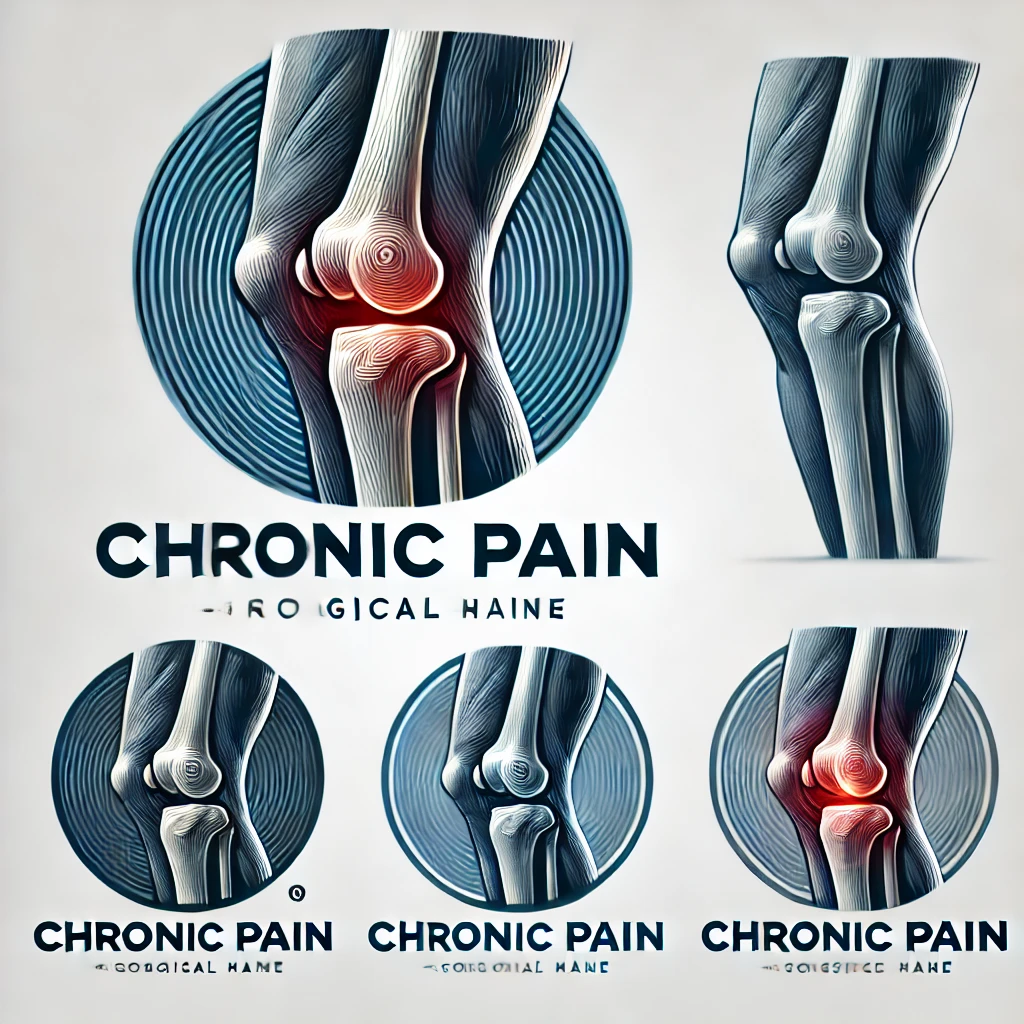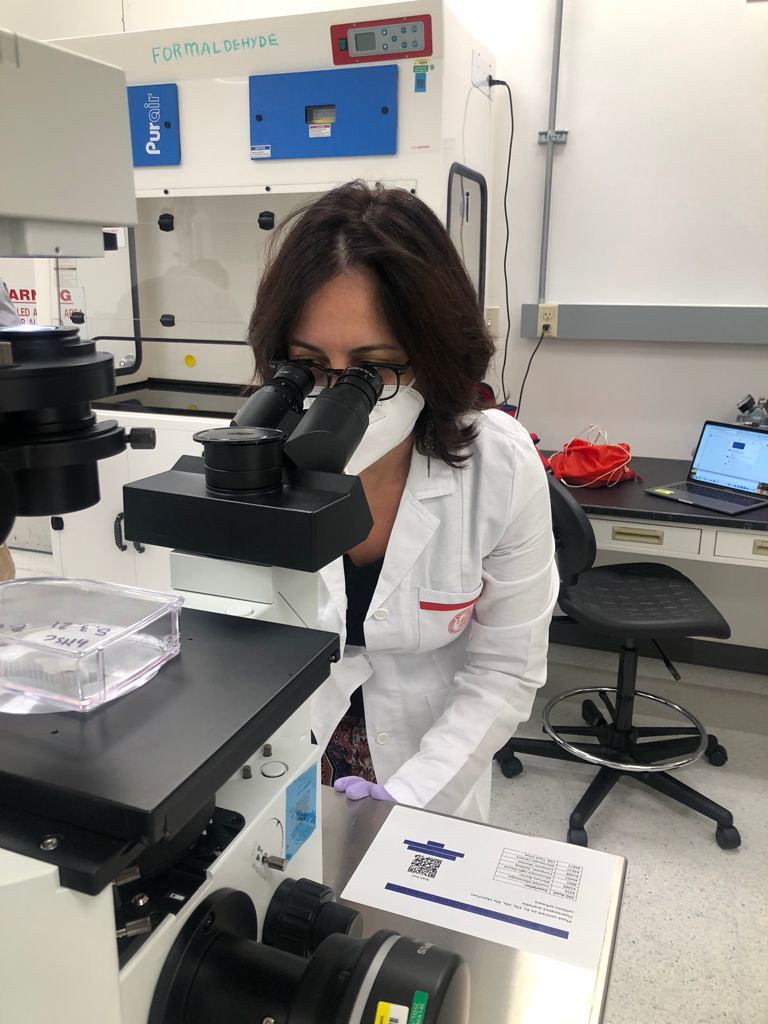Researchers call for urgent improvements in pain management in patients with inflammatory arthritis

Researchers from Keele University’s School of Medicine have found that painkilling drugs – commonly known as ‘analgesics’ – are being widely prescribed across England to people with inflammatory arthritis, despite little research evidence that they improve pain in these patients, and studies which show that they can cause serious side effects. -Effects.
The study, funded by the National Institute for Health and Care Research (NIHR) and published in the journal RheumatologyResearch found that all types of painkillers were widely prescribed: About two-thirds of patients with inflammatory arthritis received a prescription painkiller in 2020, and one in four patients received long-term prescription opioids. Many of these long-term prescriptions for opioids started around the time people were diagnosed with inflammatory arthritis.
Worryingly, many types of painkillers were more likely to be prescribed to people with inflammatory arthritis who were older (and therefore most at risk of side effects from medicines), were women, lived in deprived areas and in the north of England. This suggests there is unfairness about pain, or the way pain is managed in people with inflammatory arthritis in the NHS.
Inflammatory arthritis groups together conditions that cause joint pain and swelling. Its three main types – rheumatoid arthritis, psoriatic arthritis and axial spondyloarthritis – affect more than 1% of adults in England. Pain is a major challenge for patients with inflammatory arthritis, with most patients suffering daily pain and viewing pain as the area of their health they most want to see improved.
The crucial first step in improving NHS pain care for these patients is understanding how it is managed. To address this, the research team looked at data from a large GP database – the Clinical Practice Research Datalink Aurum – which currently contains information from more than 1,400 GP practices across England.
They looked at data from 2004 to 2020 to understand how different types of painkillers are prescribed to patients with inflammatory arthritis, and how this varies between people based on their age, gender, ethnicity and where they live.
Lead author Dr Ian Scott said the findings show there is an urgent need to improve the way pain is treated in patients with inflammatory arthritis in the English NHS. He described the fact that one in four patients were prescribed long-term opioids, and in 2020, one in ten patients were prescribed gabapentinoids, despite these medications having many potential side effects and no clinical trials showing they help when taken on be used this way. , as “very worrying”.
There are better ways to treat pain in patients with inflammatory arthritis that have been shown to help in clinical trials. These include reducing joint inflammation using specialized disease-modifying medications and exercise. We need to shift the focus of pain care from the long-term use of ineffective painkillers to the use of treatments that have been shown to help.”
Dr. Ian Scott, lead author
Source:
Magazine reference:
Scott, I.C., et al. (2023) Painkiller prescribing in patients with inflammatory arthritis in England: observational studies in the Clinical Practice Research Datalink. Rheumatology. doi.org/10.1093/rheumatology/kead463.







One Comment